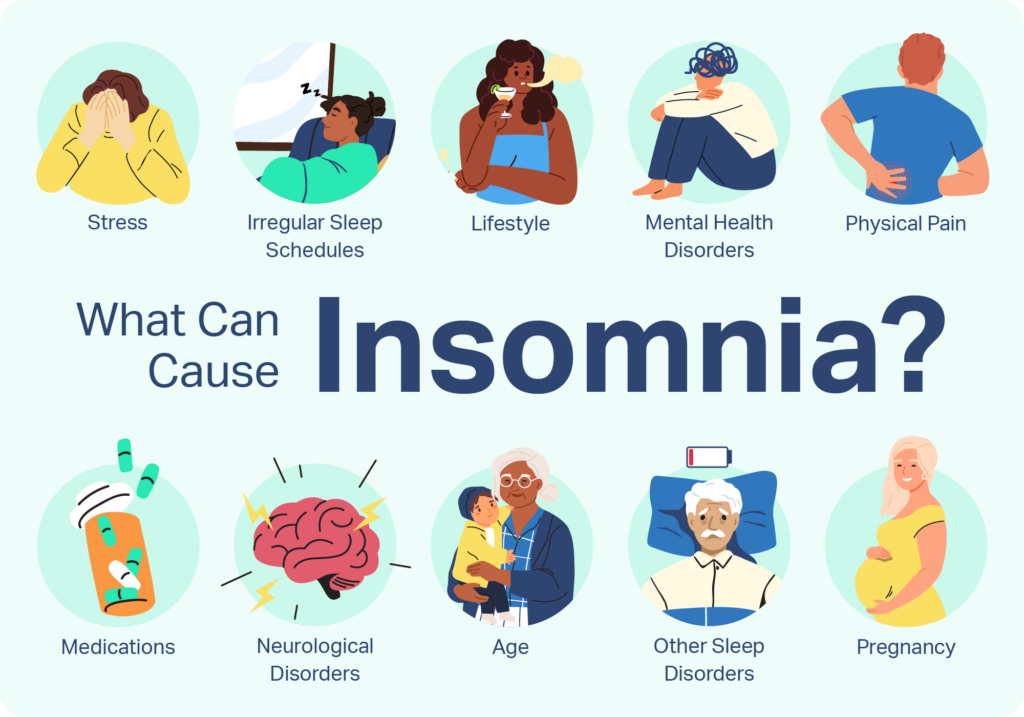Delirium is a serious medical condition characterized by a sudden change in mental status, causing confusion, disorientation, and difficulty thinking clearly. It can occur in people of all ages, but it’s particularly common in older adults and those with underlying medical conditions.
Symptoms of Delirium
Symptoms of delirium can vary widely, but often include:
- Confusion: Difficulty thinking clearly or focusing attention.
- Disorientation: Confusion about time, place, or person.
- Fluctuating Consciousness: Periods of alertness and confusion.
- Hallucinations: Seeing or hearing things that aren’t real.
- Agitation: Restlessness, irritability, or aggressive behavior.
- Sleep-Wake Cycle Disturbances: Difficulty sleeping or staying awake.
Causes of Delirium
Delirium can be caused by a variety of factors, including:
- Infection: Infections, such as pneumonia or urinary tract infections.
- Medication Side Effects: Certain medications can cause delirium, especially in older adults.
- Metabolic Imbalances: Conditions like electrolyte imbalances or thyroid disorders.
- Substance Use or Withdrawal: Alcohol or drug use or withdrawal can trigger delirium.
- Brain Injury: Head trauma or stroke can lead to delirium.
- Severe Illness: Serious illnesses, such as cancer or heart failure.
Treatment of Delirium
Treatment for delirium focuses on identifying and addressing the underlying cause. This may involve:
- Addressing the Underlying Cause: Treating the underlying infection, adjusting medications, or correcting metabolic imbalances.
- Creating a Calm Environment: Providing a quiet and well-lit environment can help reduce confusion and agitation.
- Medications: In some cases, medications may be used to manage symptoms, such as anxiety or agitation.
- Supportive Care: Ensuring adequate hydration, nutrition, and rest is crucial.
It’s important to seek medical attention promptly if you or someone you know experiences symptoms of delirium. Early diagnosis and treatment can improve outcomes and prevent complications.



